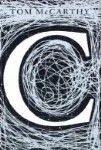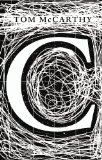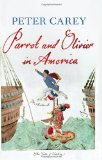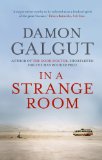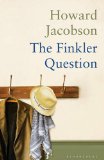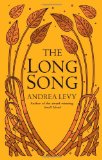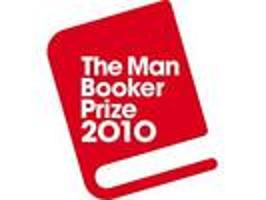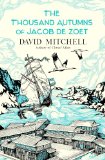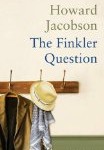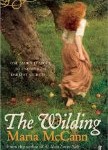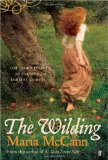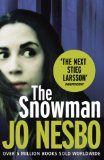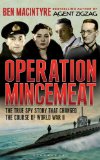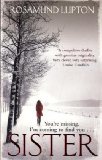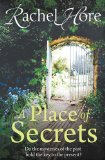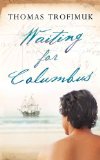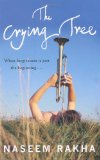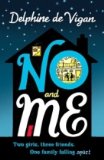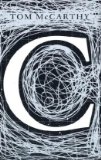
Short listed for 2010 Booker Prize
C begins in 1898 with the birth of Serge Carrefax on an estate in Southern England. Serge’s father runs a school for deaf children, but also has a passion for radio communication. This leads Serge to become a wireless radio operator, initially working on spotter planes in WWI and after the war on an archaeological dig in Egypt.
The book initially felt like a piece of historical fiction, but it quickly became much more than that. The text contained layers of philosophy and symbolism that added to the richness of the story, but also left me feeling as though I was constantly missing out on relevant snippets of information.
The book was packed with fascinating details about everything from radio communication to silk production:
The transmitter itself is made of standard brass, a four inch tapper arm keeping Serge’s finger a safe distance from the spark gap. The spark gap flashes blue each time he taps; it makes a spitting noise, so loud he’s had to build a silence box around his desk to isolate his little RX station from the sleeping household – or, as it becomes more obvious to him with every session, to maintain the household’s fantasy of isolation from the vast sea of transmission roaring all around it.
I loved most of these details, but there were times when I felt that too many were included and the book lost its emotional connection to me.
The plot was quite simple and easy to read on a sentence-by-sentence level, but there were points when I completely lost interest – it was a real chore to read some of the chapters. Luckily the book always seemed to pick up again and I was especially impressed by the WWI section – the descriptions of life in a spotter plane were particularly vivid.
Overall, I enjoyed reading this book, but I think fans of literary fiction who like re-reading/studying books will love discovering all those extra layers of symbolism. For this reason I think it has a very high chance of winning the Booker prize, but then yesterday I was saying David Mitchell would win – so what do I know?!!
Literary blogs love this book:
C is the best novel I’ve read in a long time… Biblioklept
It teems with relevance and reference… Asylum
….but I could not help feeling that academics would be paying a lot more attention to this novel than most readers do. Kevin From Canada
…the multiple ideas and the play go on throughout the book and tie together with satisfying insights. The Mookse and the Gripes
